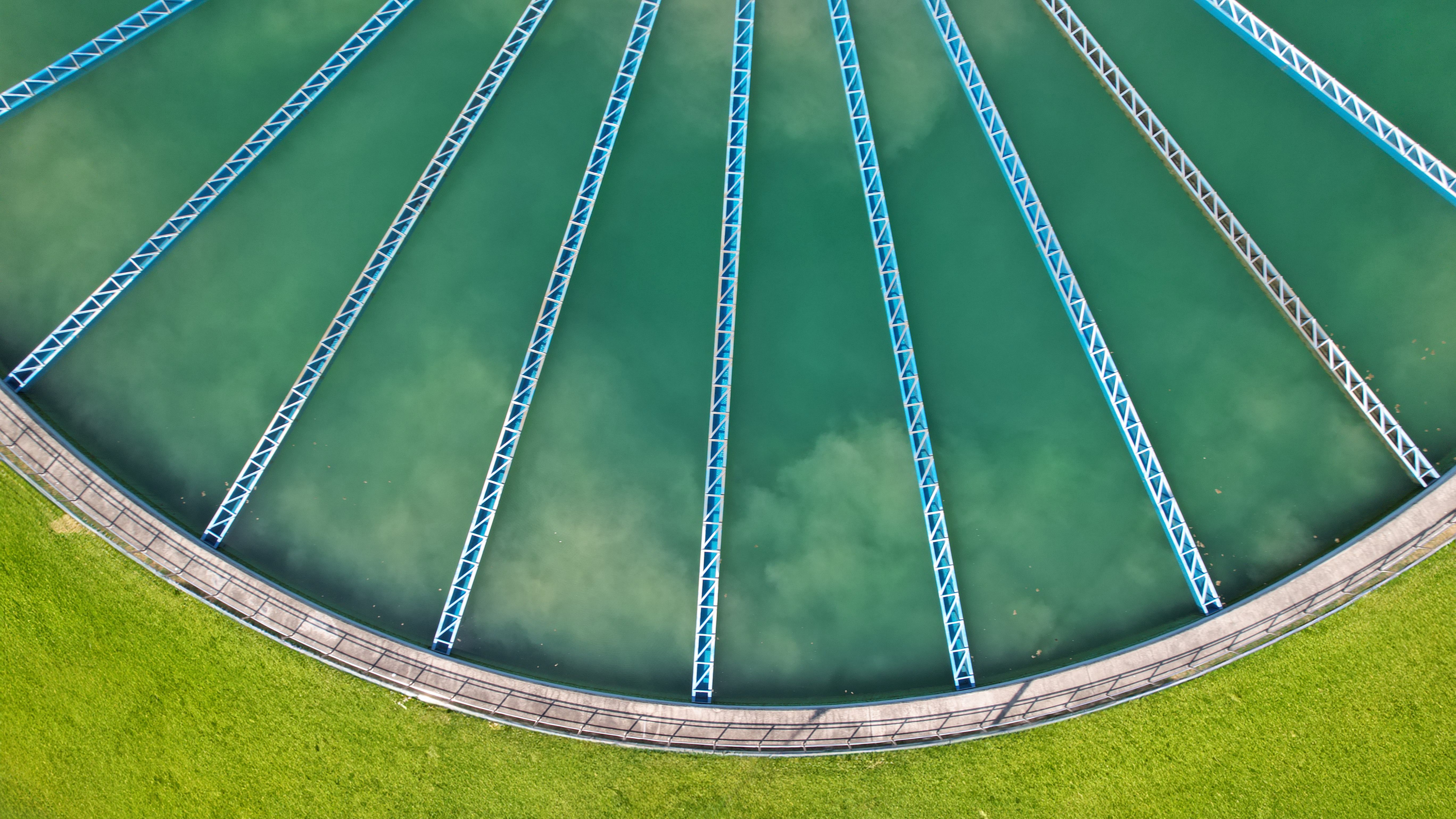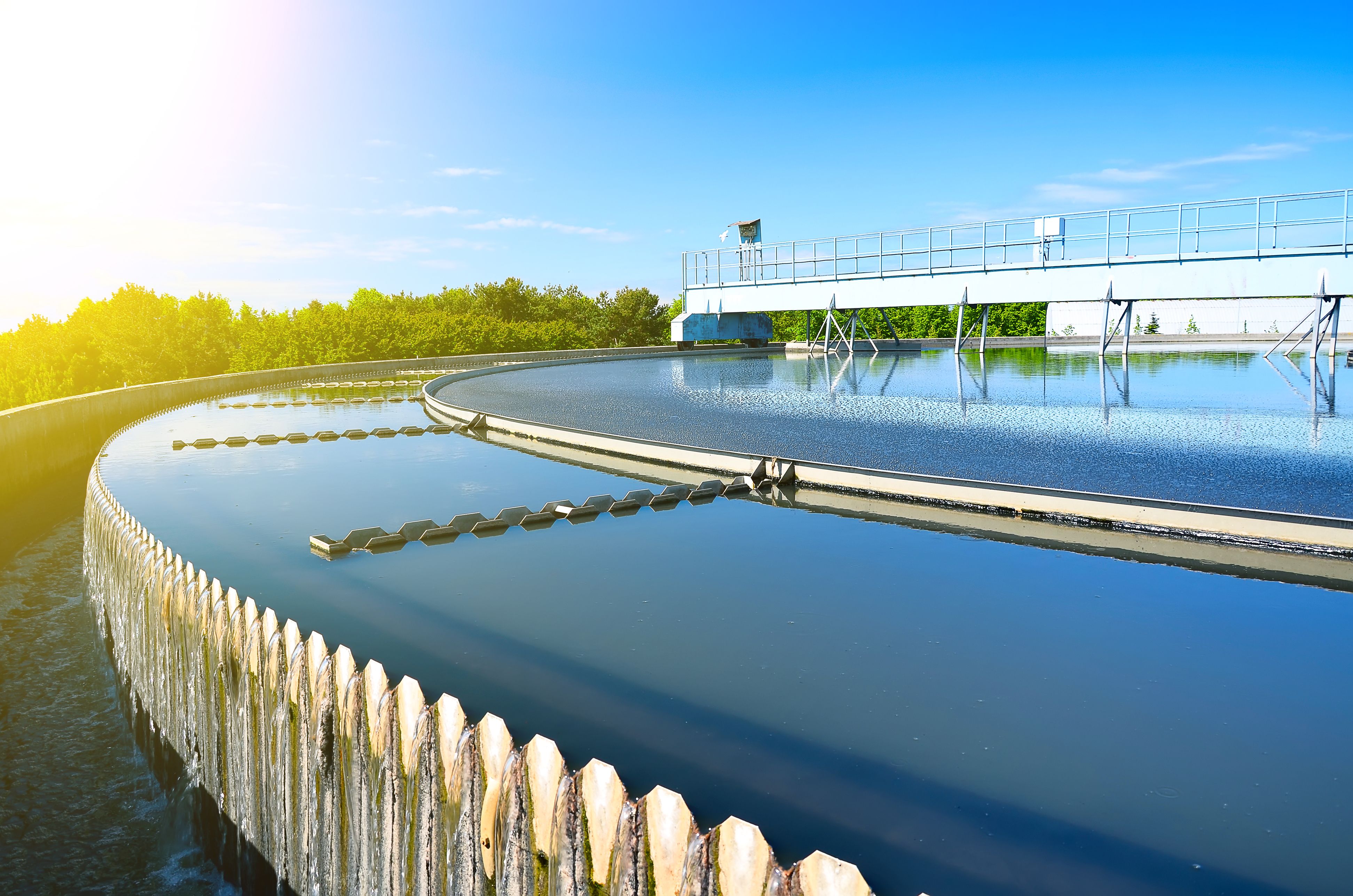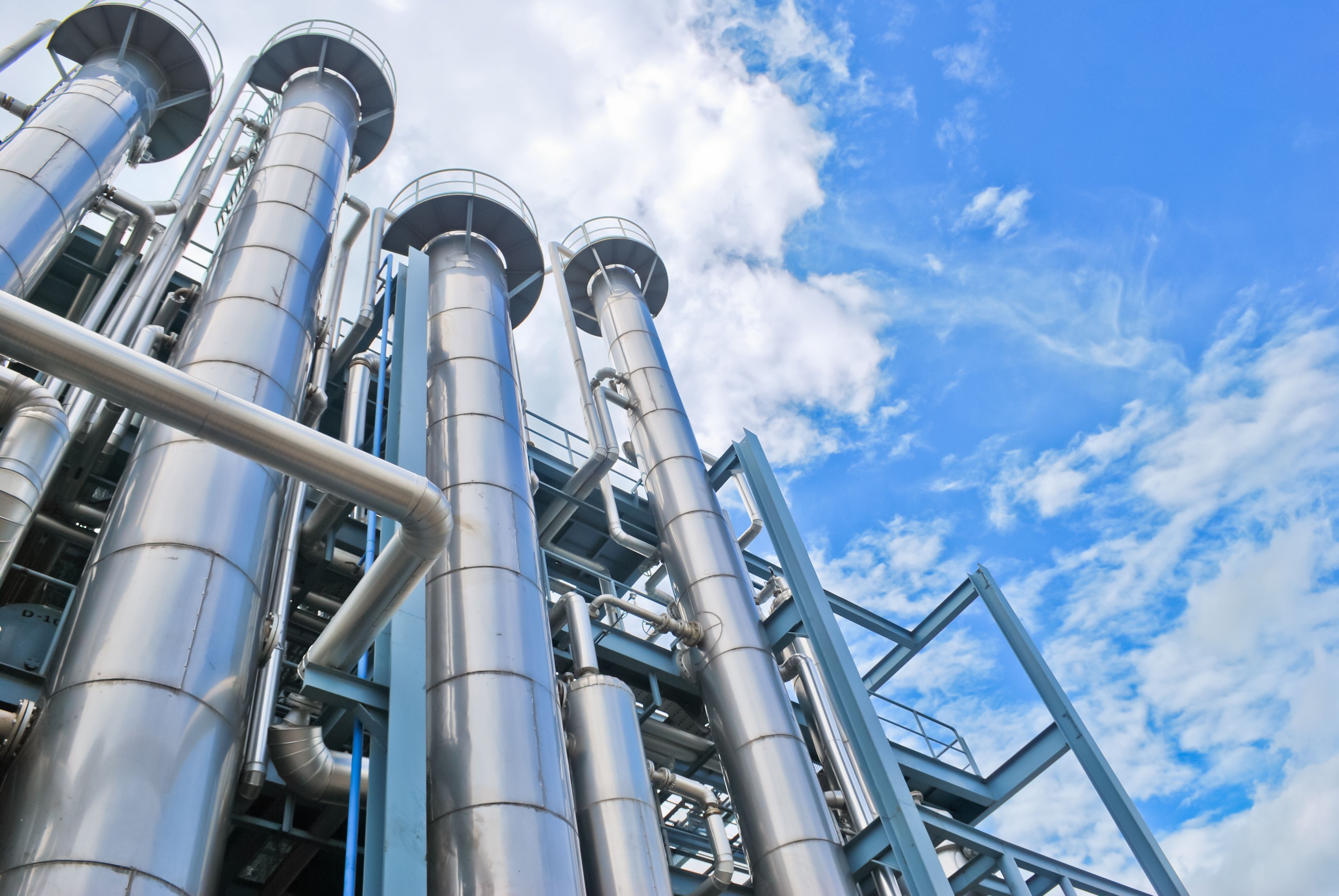Understanding the Role of Water Treatment Chemicals in Industry
ON
Introduction to Water Treatment Chemicals
Water treatment chemicals play a crucial role in various industries, ensuring that water used in processes and production is safe, effective, and efficient. From manufacturing to agriculture, these chemicals help maintain water quality, protect equipment, and comply with environmental regulations. Understanding their significance can aid businesses in optimizing operations and reducing costs.

Types of Water Treatment Chemicals
Water treatment chemicals can be classified into several categories, each serving a distinct purpose. Some of the most common types include:
- Coagulants and Flocculants: Polyacrylamide,polyaluminium chloride,polyferric sulfate,polyaluminium ferric chloride...These substances help in removing suspended particles from water by causing them to clump together.
- Corrosion Inhibitors: Sodium Orthophosphate, sodium Hexametaphosphate,sodium Silicate,sodium molybdate,morpholine,cyclohexylamine,azelaic acid,polyacrylates,polyaspartic acid...Used to protect metal surfaces from corrosion, extending the lifespan of industrial equipment.
- Biocides: Sodium Hypochlorite,Chlorine Dioxide,Bromides,Isothiazolinones,Quaternary Ammonium Compounds...Essential for controlling microbial growth in water systems, preventing biofilm formation that can cause blockages and reduce efficiency.
The Role of Coagulants and Flocculants
Coagulants and flocculants are pivotal in the initial stages of water treatment. They work by neutralizing charges on suspended particles, allowing them to aggregate into larger clusters that can be easily removed through sedimentation or filtration. This process is vital in industries such as pulp and paper, textiles, and food processing, where clean water is crucial for production quality.

Preventing Equipment Damage with Corrosion Inhibitors
Corrosion inhibitors are indispensable in industries where water comes into contact with metal surfaces. By forming a protective layer over the metal, these chemicals prevent rust and corrosion, which can lead to costly repairs or replacements. Industries like oil and gas, power generation, and chemical manufacturing rely heavily on these inhibitors to maintain operational integrity.
Controlling Biological Growth with Biocides
Biocides are vital for maintaining the hygiene and efficiency of industrial water systems. They effectively control the growth of algae, bacteria, and fungi, which can otherwise lead to the formation of biofilms. Biofilms not only impede water flow but also decrease thermal efficiency in heat exchangers. Regular use of biocides helps ensure smooth operations and compliance with health and safety standards.

The Environmental Impact
While water treatment chemicals are essential for industrial operations, their environmental impact must be carefully managed. Proper selection and dosing of these chemicals can minimize harmful discharges into natural water bodies. Companies are increasingly adopting sustainable practices by choosing eco-friendly chemicals and implementing advanced treatment technologies.
Advancements in Water Treatment Technology
The field of water treatment is continuously evolving with technological advancements. Innovations such as membrane filtration, advanced oxidation processes, and smart monitoring systems are enhancing the efficiency of chemical use. These technologies enable industries to achieve higher levels of water purity while reducing chemical consumption.

Conclusion: The Importance of Responsible Usage
The role of water treatment chemicals in industry cannot be overstated. They ensure the safe and efficient use of water resources while protecting equipment and the environment. However, responsible usage is imperative to balance industrial needs with ecological sustainability. By staying informed about the latest developments and adopting best practices, industries can harness the full potential of these chemicals while minimizing their environmental footprint.
